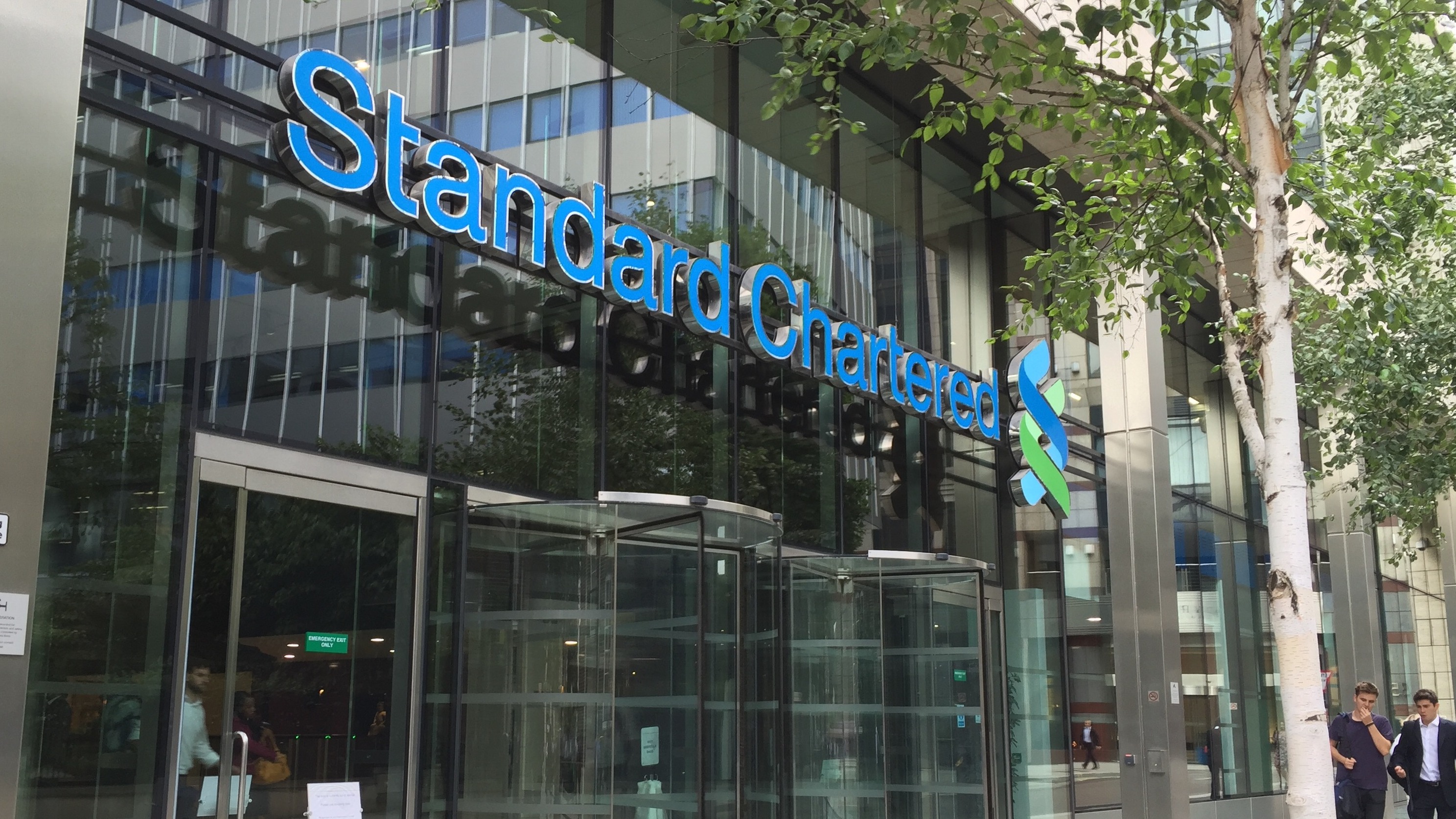The United Arab Emirates’ biggest bank, First Abu Dhabi Bank (FAB), is reportedly set to renew its efforts to acquire UK lender Standard Chartered.
According to Bloomberg, FAB is exploring a bid of around $30-35 billion, with backers including Abu Dhabi sovereign fund Mubadala Investment Co. and the emirate’s ruling Al Nahyan family. This would represent a significant premium over Standard Chartered’s current valuation of $24 billion.
The news comes a little over a month after FAB said that it had considered – and subsequently abandoned – a takeover attempt of Standard Chartered. UK and Hong Jong rules mean that FAB cannot make another bid within six months of the previous potential bid's termination without the approval of Standard Chartered's board.
Due to its relatively cheap price and exposure to fast-growing markets across Asia, Africa and the Middle East, Standard Chartered has been subject of much interest from players such as JPMorgan and Barclays. However, after a period of higher crude oil prices, banks in Abu Dhabi are now even wealthier than previously and are eyeing ways to regenerate its financial sector which has fallen behind other sectors in the city like energy and tourism.
This, combined with the historically weak position of the British pound, has made a takeover of Standard Chartered more attractive.
The report adds that Wall Street veteran Ken Moelis is working closely with FAB and key members of Abu Dhabi's ruling family on the deal, while other bankers have covertly been 'shuttling' between New York and Abu Dhabi.
The report however does note that a deal would be complicated by multiple regulatory hurdles and the differences in scale between the two banks – FAB is worth almost double Standard Chartered at $43 billion. The report says that FAB would consider delisting Standard Chartered from exchanges in Hong Kong and London while moving the merged bank's headquarters from London to Abu Dhabi, but this would likely face major opposition in the UK.
Latest News
-
Amazon rolls out Pay by Bank in UK
-
Complaints to Financial Ombudsman fall to lowest level in two years
-
Nationwide first UK lender to allow mortgage deeds to be signed digitally
-
Morgan Stanley reinstates Michael Grimes as investment banking chair
-
NatWest purchases Evelyn Partners for £2.7bn
-
LHV Bank granted consumer credit permission by PRA
Creating value together: Strategic partnerships in the age of GCCs
As Global Capability Centres reshape the financial services landscape, one question stands out: how do leading banks balance in-house innovation with strategic partnerships to drive real transformation?
Data trust in the AI era: Building customer confidence through responsible banking
In the second episode of FStech’s three-part video podcast series sponsored by HCLTech, Sudip Lahiri, Executive Vice President & Head of Financial Services for Europe & UKI at HCLTech examines the critical relationship between data trust, transparency, and responsible AI implementation in financial services.
Banking's GenAI evolution: Beyond the hype, building the future
In the first episode of a three-part video podcast series sponsored by HCLTech, Sudip Lahiri, Executive Vice President & Head of Financial Services for Europe & UKI at HCLTech explores how financial institutions can navigate the transformative potential of Generative AI while building lasting foundations for innovation.
Beyond compliance: Building unshakeable operational resilience in financial services
In today's rapidly evolving financial landscape, operational resilience has become a critical focus for institutions worldwide. As regulatory requirements grow more complex and cyber threats, particularly ransomware, become increasingly sophisticated, financial services providers must adapt and strengthen their defences. The intersection of compliance, technology, and security presents both challenges and opportunities.
© 2019 Perspective Publishing Privacy & Cookies













Recent Stories